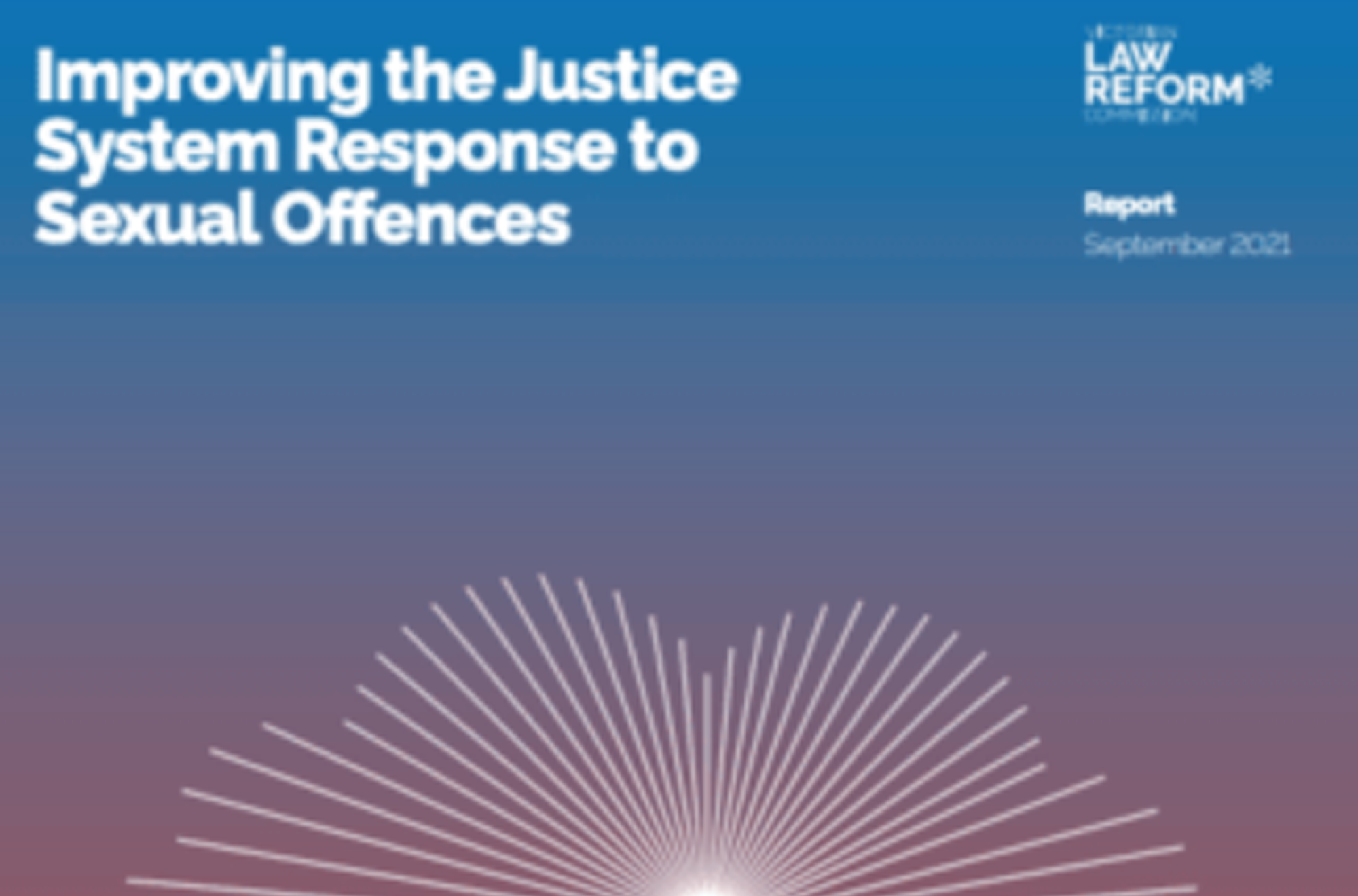
Clearer boundaries for consensual sex have been enshrined in law after the NSW Parliament passed historic consent reforms to ensure more effective prosecutions of sexual offences. The affirmative consent reforms mark a major overhaul in the state’s laws, which will require a person to show they took active steps to find out if a person consented to sex before they can rely in court on a mistaken but reasonable belief in consent.
NSW Attorney-General Mark Speakman said the new laws would simplify sexual consent legislation in a “common sense” way, for both victim-survivors and the judicial system. “This requirement is not onerous,” he said. “It does not make consensual sex illegal. It does not stop consensual sex. It does not require a written agreement or script, or stifle spontaneity. Under our reforms, if you want to engage in sexual activity with someone, then you need to do or say something to find out if they want to have sex with you too. It’s that simple.”
It follows years of advocacy led by Saxon Mullins, whose own court experience triggered a landmark review of the laws.
People in Victoria will also have to make sure their sexual partners are consenting or they risk committing a crime, under proposed changes to the law from next year. On 12 November 2021, Attorney General Jaclyn Symes announced changes to the Crimes Act 1958 (Vic), to specify a person must confirm they have received consent for sexual activity.
The Victoria government will also amend the law to make it explicit that ‘stealthing’ – the removal of a condom or other protection during sex without the other person’s knowledge or consent – is a crime. The amendments were recommended by the Victorian Law Reform Commission (VLRC) and will be introduced in 2022. The VLRC’s report, entitled Improving the Justice System Response to Sexual Offences, found that sexual violence is widespread, causes serious harm and is significantly under-reported. The terms of reference for the inquiry asked the VLRC to look at:
- barriers to reporting sexual offences: what prevents people from reporting sexual violence
- why reports of sexual violence may not proceed through the justice system
- how to reduce the trauma of people who have experienced sexual violence, when they engage with the justice system
- the best ways of responding to sexual offences—including alternatives to the justice system, and
- how to build on previous reforms.
Even when reports are made, many cases don’t make it to court – and the few that do result in a conviction. Symes said all of the VLRC’s recommendations will be considered in detail, including how criminal investigations and trials can be improved to minimise trauma, how the system can better support victims and keep them informed, and how education and outreach can shift community attitudes about sexual offending and consent.
The government plans to consult extensively with victims, law enforcement agencies, the courts and other stakeholders in developing legislation. As part of the initial response, a $5.2m funding boost will be provided to specialist sexual assault services, to help respond to increasing reporting and demand.
The funding will allow services to hire extra staff, provide more specialist support sessions and help to hundreds more women and children.
Teaching school students about consent should be considered as important as teaching them mathematics and English, a Queensland education department representative said. Hayley Stevenson, the department’s Executive Director of Student Protection and Well-being, said teaching students about consent was “absolutely” vital and state schools would not be able to opt out of the new curriculum, which will be introduced next year.
Following a year of national conversation around the issue, ABC Radio Brisbane’s School of Hard Talks brought together experts and students to discuss the delivery of consent education in schools, and to allow students to ask the questions they really want answers to. Speaking at the forum, Ms Stevenson said the department was considering a raft of measures to ensure schools excelled at teaching consent, including introducing assessments.
Queensland’s new Respectful Relationships programme will be rolled out across the first year of school through year 12 next year. Ms Stevenson said young people needed opportunities to engage in meaningful conversations to not only understand consent, but to also understand the drivers around inappropriate behaviours. “To affect change, we need to empower young people … to call out inappropriate behaviour, to be able to detect power imbalances in relationships,” she said.
SOURCES: Landmark sexual consent laws pass NSW Parliament, by Lucy Cormack, The Age, 23 November 2021 ; How will consent education in schools change next year? Students demand answers, ABC Radio Brisbane, by Antonia O’Flaherty, 14 November 2021 ; Affirmative consent laws to be introduced in Victoria in ‘incredible step forward’. The Guardian, 12 November 2021 ; Improving the Justice System Response to Sexual Offences, by Analysis & Policy Observatory, Victoria Law Reform Commission, 12 November 2021
OVERALL SOURCE: The Repro Wrap, by Children by Choice, 1 December 2021



